SUMMARY
This is AI generated summarization, which may have errors. For context, always refer to the full article.
- Thank you, Manny Pacquiao
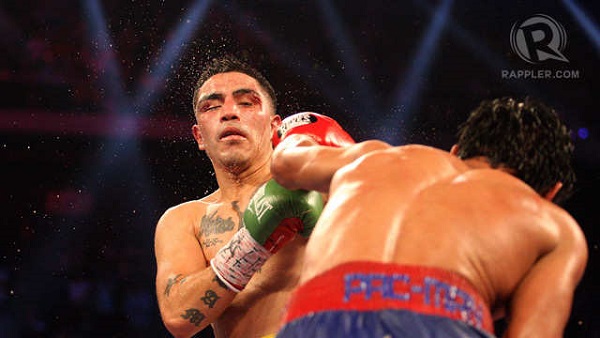
It was a much-needed break from two weeks of grief and a stream of sad news after Super Typhoon Yolanda (Haiyan). Coming off two losses in 2012, Manny Pacquiao outboxed and outsmarted a less experienced and younger opponent, American Brandon Rios, on Sunday, November 24, at Cotai, Arena, in Macau. The boxing legend won the WBO International Welterweight title via a unanimous decision and in front of an overwhelmingly pro-Pacquiao sellout crowd of over 13,200. Filipinos back home, especially the survivors of Yolanda, cheered and thanked him, his victory boosted their spirits. “I promised them after the fight I will go to Tacloban to visit them,” Pacquiao said about the survivors. (I plan to go) as soon as possible.”
Read all stories on the Pacquiao fight here. - Iran, world powers sign historic deal
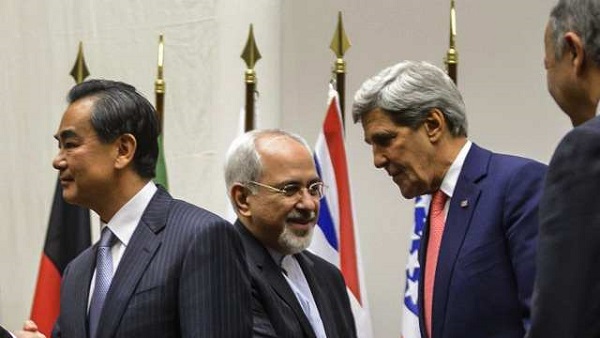
Iran and the 5 permanent members of the UN Security Council plus Germany announced that Tehran will limit uranium enrichment – the area that raises most suspicions over Iran’s alleged nuclear weapons drive – to low levels. Iran’s agreement to curb its nuclear program was hailed by the world powers as a breakthrough deal – the biggest step in decade-long efforts to deny Tehran an atomic bomb. UN atomic inspectors will also have additional, unprecedented access. And it will neutralize its entire stockpile of uranium enriched to medium 20% purities – close to weapons-grade – within 6 months. Israel remained unhappy, however, and slammed the deal.
Read the full story on Rappler. - Aquino forms rehabilitation task group
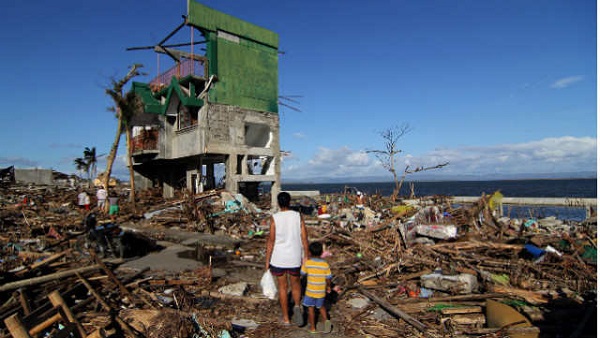
President Benigno Aquino III has formed a task force that will present a comprehensive rehabilitation program for the areas devastated by Super Typhoon Yolanda (Haiyan). The Cabinet is expected to tackle this by Wednesday, November 27. Leading the group is Energy Secretary Jericho Petilla, a former governor of Leyte, one of the hardest-hit provinces. The National Economic and Development Authority will also outline an action plan on how the government would address the basic social needs of the survivors until the end of 2014. The killer typhoon damaged at least P12.65 billion in crops and infrastructure, killed more than 5,000 and affected over 10 million people.
Read the full story on Rappler. - PH’s challenge: Coordinating foreign assistance
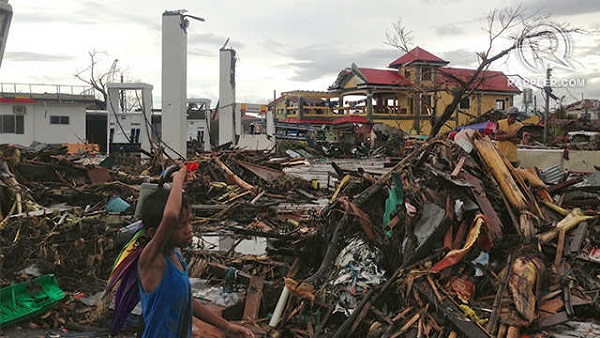
At least 14 international military units, 59 foreign medical teams, and 96 humanitarian partners rushed to help the Philippines after Super Typhoon Yolanda (Haiyan) struck central Philippines. But humanitarian assistance experts said this poses a challenge to the Philippine government, a “coordination risk.” It’s important for the Aquino administration to provide the leadership and strategy that others would follow, they said. Under fire during the early response phase of the crisis, the Aquino government and local government units are now pressured to get their act together in steering the affected-areas to recovery.
Read the full story on Rappler. - Young Filipinos tackle climate change
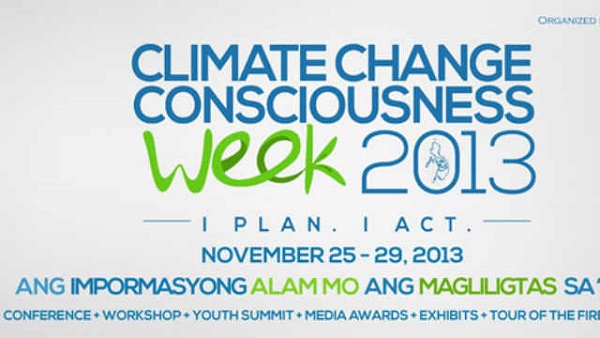
One of the many realizations that Super Typhoon Yolanda (Haiyan) brought is that climate change has devastating effects and these are becoming more intense each passing year. The government has declared November 19 to 25 every year as the Global Warming and Climate Change Consciousness Week. This year, the Climate Change Commission (CCC), in partnership with Rappler, will hold the “Greeneration Summit: A National Gathering for Youth Empowerment on Climate Change” from November 25 to 27 at SMX beside Mall of Asia in Pasay City. The event, livestreamed on Rappler, will bring together youth from around the country and teach them about climate change and its adverse effects. It will also be an avenue to dialogue and raise concerns about climate change with policy makers, national leaders and media personalities.
Read the full story on Rappler. - Japan mulls protest vs China over air defense zone
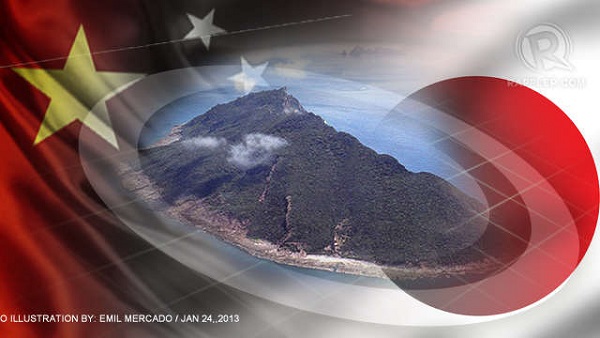
Japan warned Sunday, November 24, of the danger of “unpredictable events” and South Korea voiced regret following China’s unilateral declaration of an air defense zone over areas claimed by Tokyo and Seoul. Japanese Foreign Minister Fumio Kishida said his country was considering making stronger protests “at a higher level” after China announced it was setting up the zone over an area that includes Tokyo-controlled islands claimed by Beijing. It also released a set of aircraft identification rules that must be followed by planes entering the area. Japan said it cannot accept these new measures.
Read the full story on Rappler. - 11,000 children have died
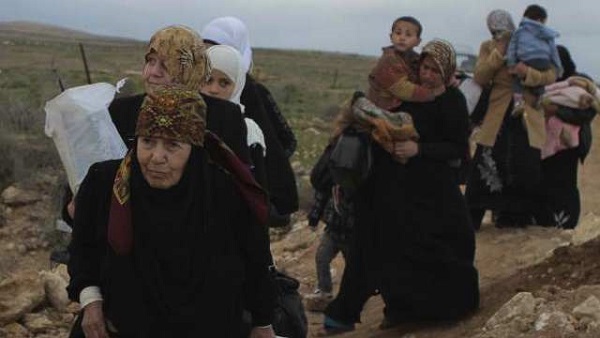
More than 11,000 children have died in Syria’s civil war, including 128 killed by chemical weapons in a notorious attack and hundreds targeted by snipers, a British think-tank said. The Oxford Research Group, which specializes in global security, said in a new study that there were 11,420 recorded deaths of children aged 17 years and under.The think-tank added that, of the 10,586 children whose cause of death was recorded, 128 were killed by chemical weapons in Ghouta, near Damascus, on August 21, 2013, in an attack that the United States and other world powers blamed on President Bashar al-Assad’s regime.
Read the full story on Rappler. - Doctor Who in world’s largest TV drama simulcast

The Time Lord popped up simultaneously in nearly 100 countries on November 23 – in a special episode marking 50 years of the BBC’s cult sci-fi series “Doctor Who.” The show was screened in 3D in more than 1,500 cinemas from Australia to Mexico as well as on British television, in what the BBC said was probably the largest simulcast of a TV drama in history. The 75-minute special kicked off with Smith dangling from his Tardis spaceship – which takes the form of a vintage British police telephone box – as it flew over London.
Read the full story on Rappler. - Catching Fire: Better than the first?

The second film adaptation to the “Hunger Games” book series by Suzanne Collins, Catching Fire opened in the cinemas late last week – superior in a lot of ways to the first film. While it still supplies the popcorn escapism that blockbuster releases are meant to provide, Catching Fire manages to expound on the themes and ideas that have made The Hunger Games a step above the usual class of young adult fiction. The movie however doesn’t give fans any real insight into Katniss’ blossoming relationship with Peeta, or her own conflicted feelings with her hometown love Gale Hawthorne (Liam Hemsworth). The result of these hard creative decisions is a film that takes its time to fall in step, but breaks off into a blind sprint later on through.
Read the full story on Rappler. - June Keithley, voice of EDSA, dies
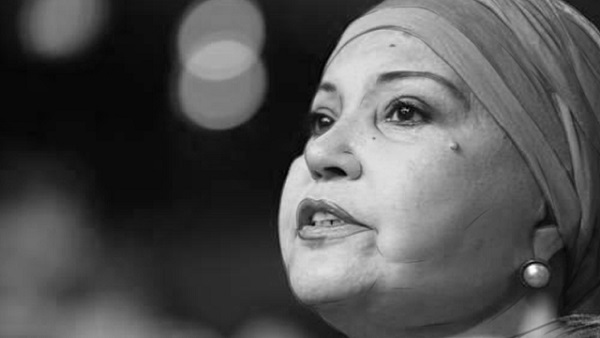
After a long battle with cancer, June Keithley-Castro died on November 24. An icon of the 1986 EDSA revolution, Keithley fought the Marcos dictatorship, hosting Radio Bandido that aired protests against the late dictator Ferdinand Marcos.”There, in the isolation of a radio studio, together with two brave children, she spoke truth to power for 14 hours, heedless of the danger of contesting the media apparatus of the dictatorship,” said Presidential Spokesperson Edwin Lacierda. Keithley was married to the late veteran news anchor Angelo Castro, who died also of cancer in April 2012.
Read the full story on Rappler.
Add a comment
How does this make you feel?
There are no comments yet. Add your comment to start the conversation.